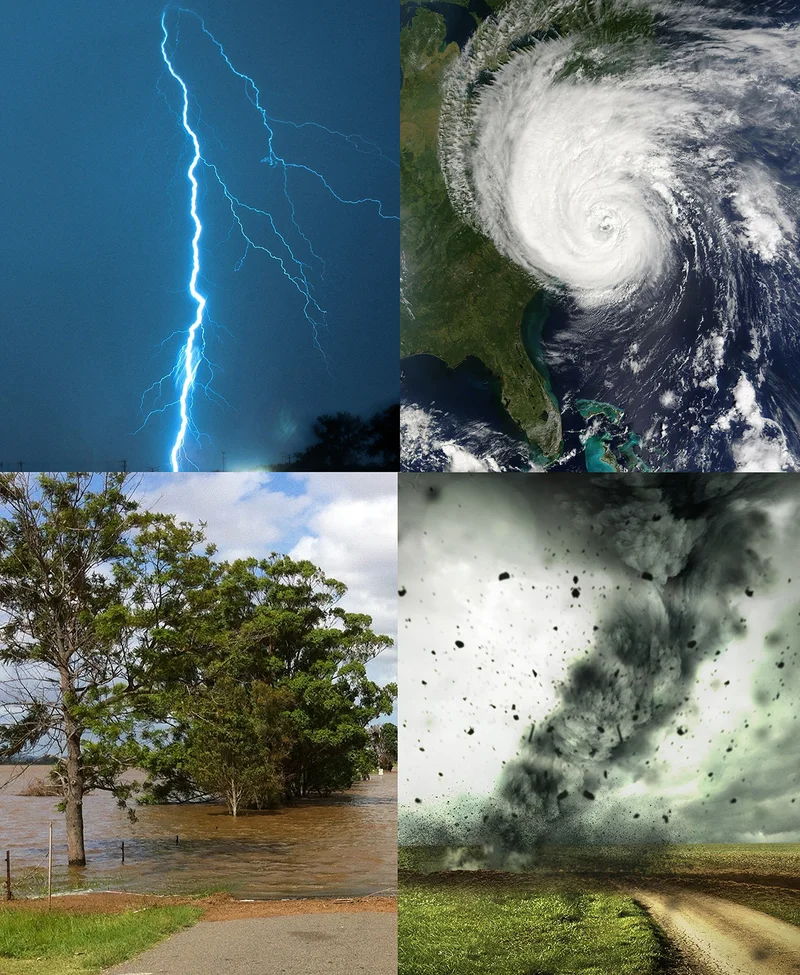Okay, folks, buckle up. I've been diving deep into something that's both terrifying and, honestly, filled with potential for some serious innovation. We're talking about the Caribbean, and a phenomenon researchers are calling the "compounding disaster trap." It's a brutal cycle of hurricanes hitting islands still reeling from the last one, infrastructure collapsing, economies spiraling into debt, and communities eroding as people flee.
This isn't just a story about the Caribbean; it's a preview of coming attractions for coastal communities everywhere. Think about it: stronger storms, rising sea levels, and less time to recover in between. The article No time to recover: Hurricane Melissa and the Caribbean’s compounding disaster trap as the storms keep coming paints a grim picture: Jamaica struggling after Hurricane Beryl, Cuba's power grid collapsing during Hurricane Oscar, and Haiti facing an almost unimaginable cascade of disasters. Melissa, a Category 5 monster, just made it all so much worse.
A Glimpse of a Dark Future - Or a Challenge?
Here’s the thing that really grabbed me: the traditional models of disaster recovery are broken. They're one-size-fits-all solutions trying to solve problems that are deeply interconnected. You can't just rebuild a road and expect things to be okay when the entire social and economic fabric is frayed.
It's like trying to fix a single broken string on a guitar that's been smashed to pieces. You need a whole new instrument, a whole new approach.
The article highlights the three self-reinforcing loops of this trap: infrastructure collapse, economic debt spiral, and social erosion. One feeds into the other, creating a nightmare scenario where recovery becomes impossible. Grenada's experience with Hurricane Ivan, costing over 200% of its GDP, and Dominica after Maria at 224%, are just two examples of this debt ballooning.
But here's where my brain starts buzzing with possibilities. What if we could use technology to break these loops? What if we could build resilience directly into the system, rather than just trying to patch things up after the fact?

Imagine decentralized, AI-powered microgrids that can withstand hurricane-force winds and keep the power on even when the main grid fails. We're not talking about some far-off fantasy; this is technology that exists today. What if we could use AI and predictive analytics to create hyper-local, real-time risk assessments, giving communities the information they need to prepare and respond effectively? And what if we could leverage blockchain technology to create transparent, accountable aid distribution systems, ensuring that resources get to the people who need them most, when they need them?
The piece touches on a few solutions: cash transfers, investment in local networks, hurricane clauses in bond agreements, and pre-positioned climate finance. All great ideas, but I think we can take it even further.
We need to think about creating digital twins of critical infrastructure, using virtual reality to train first responders, and deploying drone swarms for rapid damage assessment. The speed of this is just staggering—it means the gap between today and tomorrow is closing faster than we can even comprehend.
Look at Colorado, where flooding caused millions in damage. Governor Polis is asking for FEMA support, and that's absolutely necessary. But what if, instead of just reacting to the damage, we could use advanced sensors and AI to predict these floods before they happen, giving communities time to evacuate and protect their assets?
This isn’t just about technology, though. It’s about community. We need to empower local leaders, invest in education and training, and foster a culture of resilience. We need to recognize that recovery isn't just about rebuilding buildings; it's about rebuilding lives.
Of course, with all this power comes responsibility. We need to ensure that these technologies are used ethically and equitably, that they don't exacerbate existing inequalities, and that they are developed in a way that respects local cultures and values. We can't just parachute in with our fancy gadgets and expect everything to magically get better.
The Future is Resilient, or It Isn't
When I read about the compounding disaster trap, I didn't just see a problem; I saw an opportunity. An opportunity to use our ingenuity, our technology, and our compassion to create a more resilient future for everyone. This is the kind of breakthrough that reminds me why I got into this field in the first place. The Caribbean is sounding the alarm. Will we listen? Will we act? I, for one, am betting on us.
